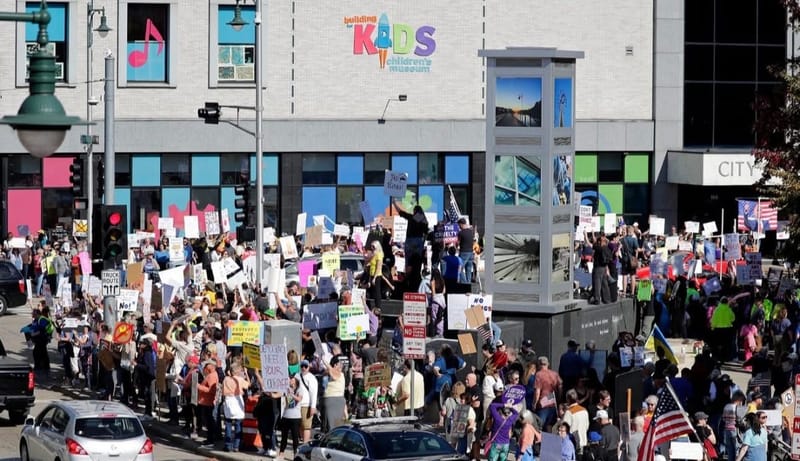We're at a turning point in the state's childcare crisis

By State Senator Kristin Dassler-Alfheim
There’s no question about it – the child care industry in this state is in crisis. I’ve held five budget listening sessions so far this year, and it was one of the top issues that people came to talk about.
Providers spoke about the impossibility of recruiting and retaining qualified staff, leading to diminished access and longer waitlists. On the other end, parents described the added pinch of rising tuition rates on budgets already strained by surging costs for groceries and rent, and employers voiced fears of losing workers due to lack of child care and difficulties recruiting talent due to child care access.

Providers, their staff, and the families and kids they serve bear the brunt of this crisis, but this issue impacts our community as a whole. The lack of child care costs the state at least $1.1 billion annually in lost economic productivity, earnings, and revenue due to parents or grandparents having to leave the workforce to care for children. That affects every industry, from manufacturing to healthcare to hospitality.
Without continued state support, the situation will only get worse. In Senate District 18 specifically, there are currently 2.5 children for every regulated child care slot available. In Winnebago and Outagamie counties, where the average income is $70-80k a year, the average annual cost for care for an infant is over $10,000. Of the 189 regulated child care providers currently operating in the two counties, over a quarter will be forced to shut their doors without state investment.
We know just how beneficial quality child care is. Kids who have access to it are regularly found to have better health and educational outcomes than their counterparts, resulting in reduced state spending on special education, criminal justice, and social welfare programs down the line. Investing in kids early pays for itself.
We are at a turning point. On June 30, the Child Care Stabilization fund will expire unless the Legislature takes action. Republicans on the Joint Finance Committee have removed this funding from the 2025-27 state budget, but it’s still possible for other investments to be included. I’ve joined my Democratic colleagues to introduce separate legislation that would renew the Child Care Stabilization fund, but you can submit a comment to the Joint Finance Committee encouraging them to include further investments in this vital industry in the budget and acknowledge the crucial role that child care plays in our communities.






